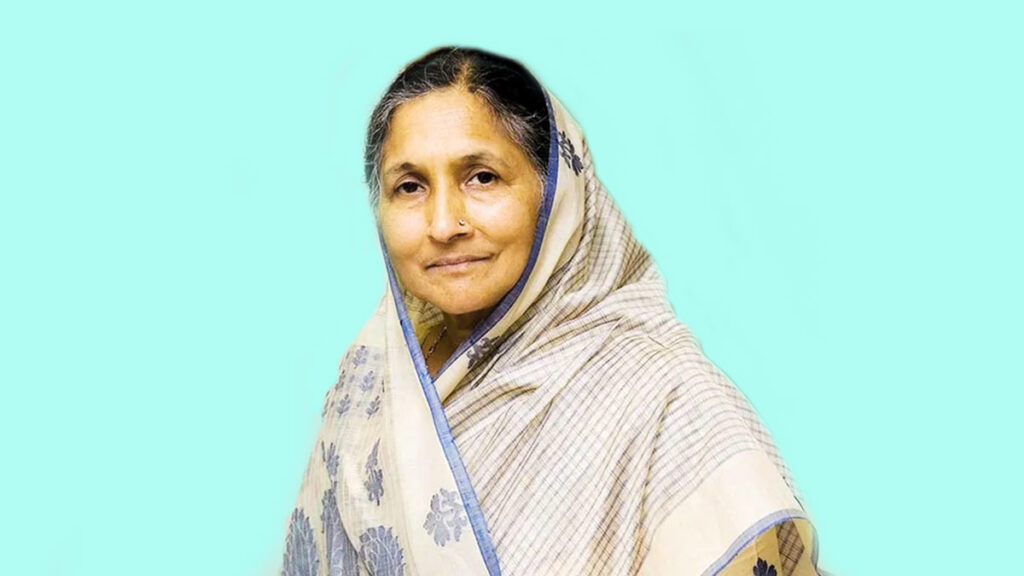The Burman family is one of India’s prominent business families, best known for founding and developing Dabur India Limited, one of the country’s largest and most respected consumer goods companies. The family has a long and storied history, combining entrepreneurial success with philanthropic efforts and contributions to the healthcare and wellness sectors.
Early Beginnings and Founding of Dabur
- Dabur India was founded in 1884 by Dr. S.K. Burman in Calcutta (now Kolkata). Dr. Burman, a physician, began his venture by formulating Ayurvedic medicines and remedies, which eventually evolved into a large-scale business.
- Dabur initially started as a small pharmacy selling Ayurvedic formulations and traditional remedies but expanded rapidly over the years into the field of health and personal care products.
The Growth of Dabur India
- Dabur India grew under the leadership of the Burman family, transitioning into the production of natural consumer products.
- The company diversified into multiple segments, including health care, personal care, foods, and home care.
- Today, Dabur is a multinational corporation with a strong presence not only in India but also across several international markets. Some of its popular brands include Dabur Honey, Dabur Chyawanprash, Vatika, and Real Juices.
Key Figures in the Burman Family
Dr. S.K. Burman (Founder of Dabur)
- Born: 1864
- Dr. S.K. was a physician who established Dabur to promote natural and Ayurvedic products for the masses. His innovative approach to combining traditional medicine with business paved the way for the growth of a family-run enterprise into a multinational brand.
The Next Generation: The Burman Family Today
- The Burman family today remains one of India’s wealthiest and most respected families. The family continues to hold significant stakes in Dabur India through various holding companies and trusts.
- Several generations of the family have continued to guide the company’s growth, with Amit Burman (son of Dr. S.K. Burman’s grandson, Dr. Anand ) being one of the most prominent current figures.
Evolution of Leadership: From Dr. S.K. Burman to the Present
- Dr. Anand , who took over the company in the 1970s, expanded Dabur into new product categories and international markets.
- Amit , who became the company’s Chairman in the 2000s, has been instrumental in enhancing Dabur’s portfolio, including the acquisition of various brands and expanding its digital presence.
- The Burman family has transitioned from the founder’s traditional approach to modern corporate governance while still preserving a deep connection to the Ayurvedic roots of their business.
The Burman Family and Philanthropy
The Burman family is widely recognized for its philanthropic contributions, particularly in the areas of education, healthcare, and social development. Through the Burman Trust and other charitable initiatives, they have supported a variety of causes:
- Health and Wellness: The Burmans are strong advocates for traditional healthcare systems, especially Ayurveda. They support research and education related to natural medicine and health.
- Education and Community Development: The Burman family has donated significantly to educational initiatives, including scholarships, schools, and healthcare projects across India.
- Environmental Causes: The family supports green initiatives and sustainability projects, aligning with their commitment to the wellness of communities and the planet.
Key Contributions to Indian Industry and Society
- The Burman family’s legacy extends beyond Dabur; they have been involved in various businesses, including real estate, agriculture, and technology.
- Dabur India remains a symbol of the family’s dedication to Ayurvedic values, health, and natural wellness, and the family has played a role in educating consumers about the benefits of herbal and natural products.
Legacy and Future Outlook
The Burman family’s journey reflects the transformation of a small traditional enterprise into one of India’s largest consumer goods companies. Despite their business success, the Burmans are also known for their humility, commitment to Ayurveda, and devotion to charitable causes.
The future of the Burman family in business looks promising, with younger generations becoming involved in the leadership of Dabur and continuing to uphold the family’s values while adapting to the challenges of the global marketplace.
Would you like to know more about any particular aspect of the Burman family, their philanthropic work, or Dabur’s history?



